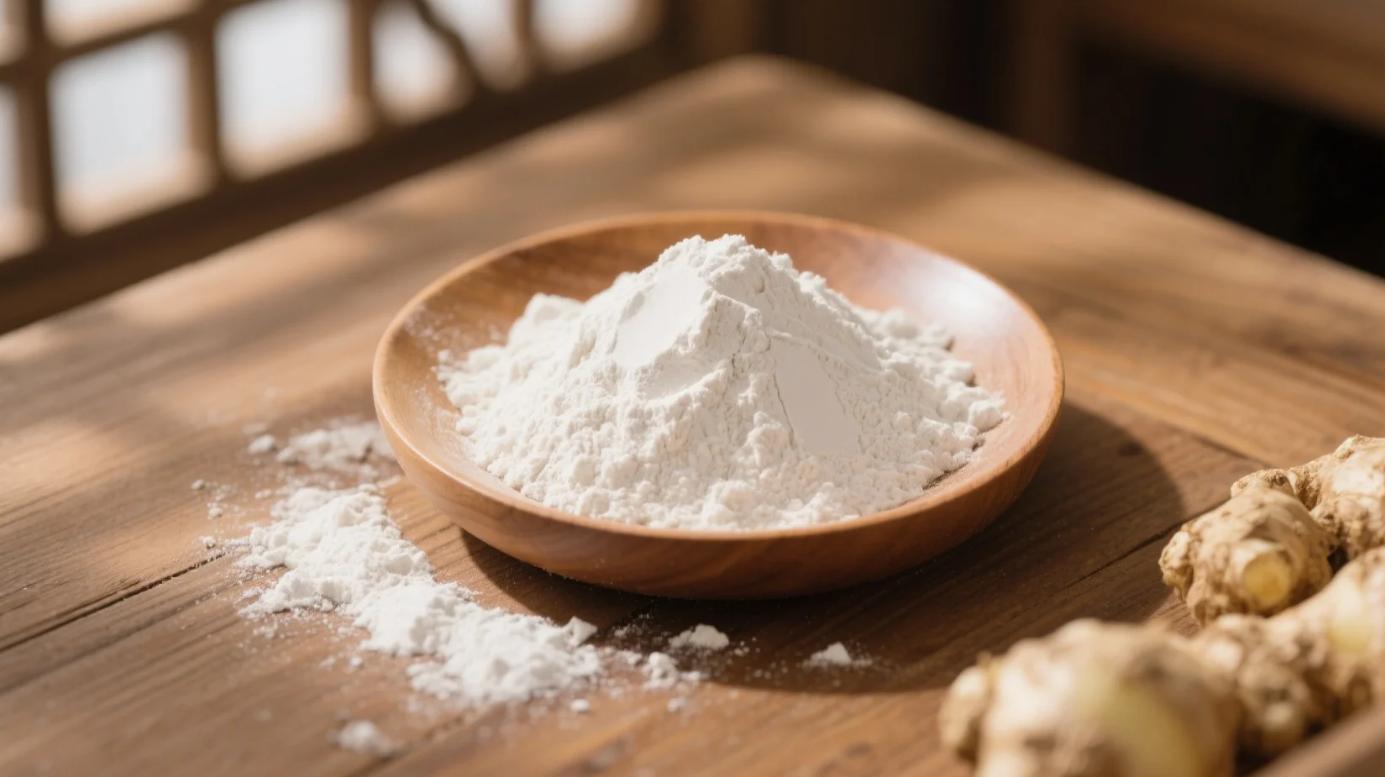Table of Contents
Organic hemp seed oil is a vegetable oil extracted from the seeds of Cannabis sativa L., a plant that has been cultivated for thousands of years for its fiber, food, and medicine. Hemp seed oil is rich in essential fatty acids, antioxidants, and phytochemicals that have various health benefits and potential applications in different industries.
Fatty Acid Composition and Benefits
One of the main characteristics of organic hemp seed oil is its high content of linoleic acid (LA) and alpha-linolenic acid (LNA), two polyunsaturated fatty acids (PUFAs) that are essential for human health. Hemp seed oil has a ratio of 3:1 LA:LNA, which is considered optimal for human nutrition. LA and LNA are precursors of other PUFAs, such as gamma-linolenic acid (GLA) and stearidonic acid (SDA), that have anti-inflammatory, immunomodulatory, and neuroprotective effects.
Hemp seed oil also contains oleic acid, a monounsaturated fatty acid that has been associated with cardiovascular health and blood pressure regulation. Moreover, hemp seed oil has a low content of saturated fatty acids, which makes it a healthy alternative to other vegetable oils.
Phytochemical Composition and Benefits
Besides fatty acids, organic hemp seed oil contains various phytochemicals that have biological activities and potential applications. Some of these phytochemicals are:
- Tocopherols: These are natural antioxidants that protect the oil from oxidation and rancidity. They also have vitamin E activity, which is beneficial for skin health and immune function. Hemp seed oil contains mainly gamma-tocopherol, which has been shown to have anti-inflammatory and anticancer properties.
- Phytosterols: These are plant-derived compounds that have a similar structure to cholesterol. They can lower blood cholesterol levels by competing with cholesterol absorption in the intestine. They also have anti-inflammatory, anticancer, and immunomodulatory effects. Hemp seed oil contains mainly beta-sitosterol, which has been reported to have antidiabetic, antihyperlipidemic, and prostate health benefits.
- Phenolic compounds: These are plant-derived antioxidants that have various health benefits, such as anti-inflammatory, anticancer, neuroprotective, and cardioprotective effects. Hemp seed oil contains mainly polyphenols, such as flavonoids, lignans, and phenolic acids. Some of these compounds have been identified as cannabidiol (CBD), cannabigerol (CBG), cannabichromene (CBC), and cannabidivarin (CBDV), which are non-psychoactive cannabinoids that have therapeutic potential for various conditions.
- Terpenes: These are volatile compounds that give hemp seed oil its characteristic aroma and flavor. They also have biological activities, such as antimicrobial, antifungal, antiviral, anti-inflammatory, analgesic, and antispasmodic effects. Hemp seed oil contains mainly beta-caryophyllene, myrcene, and methyl salicylate, which have been reported to have anti-inflammatory, sedative, and pain-relieving properties.
Applications of Organic Hemp Seed Oil
Organic hemp seed oil has various applications in different industries, such as food, cosmetic, pharmaceutical, and biofuel. Some of these applications are:
- Food: Hemp seed oil can be used as a cooking oil or as an ingredient in salad dressings, sauces, dips, smoothies, and baked goods. It can also be used as a dietary supplement to provide essential fatty acids and antioxidants.
- Cosmetic: Hemp seed oil can be used as a moisturizer, emollient, or carrier oil for skin care products. It can also be used as a hair conditioner or scalp treatment to improve hair quality and prevent dryness. A 2014 study found that topical application of hemp seed oil strengthens the skin and protects it from inflammation, oxidation, and other causes of aging.
- Pharmaceutical: Hemp seed oil can be used as a source of phytochemicals that have therapeutic potential for various conditions, such as inflammation, pain, epilepsy, cancer, neurodegeneration, diabetes, and cardiovascular diseases. Some of these phytochemicals, such as CBD, CBG, CBC, and CBDV, have been isolated and studied for their pharmacological effects.
- Biofuel: Hemp seed oil can be used as a raw material for biodiesel production. Biodiesel is a renewable and biodegradable fuel that can reduce greenhouse gas emissions and dependence on fossil fuels. Hemp seed oil has a high cetane number, which indicates its ignition quality and combustion efficiency.
Conclusion
Organic hemp seed oil is a vegetable oil that has a unique fatty acid and phytochemical composition that makes it a promising source of nutrition and innovation. Hemp seed oil has various health benefits and potential applications in different industries, such as food, cosmetic, pharmaceutical, and biofuel. Hemp seed oil is also environmentally friendly and sustainable, as hemp is a fast-growing and low-maintenance crop that can be cultivated in various climates and soils.

